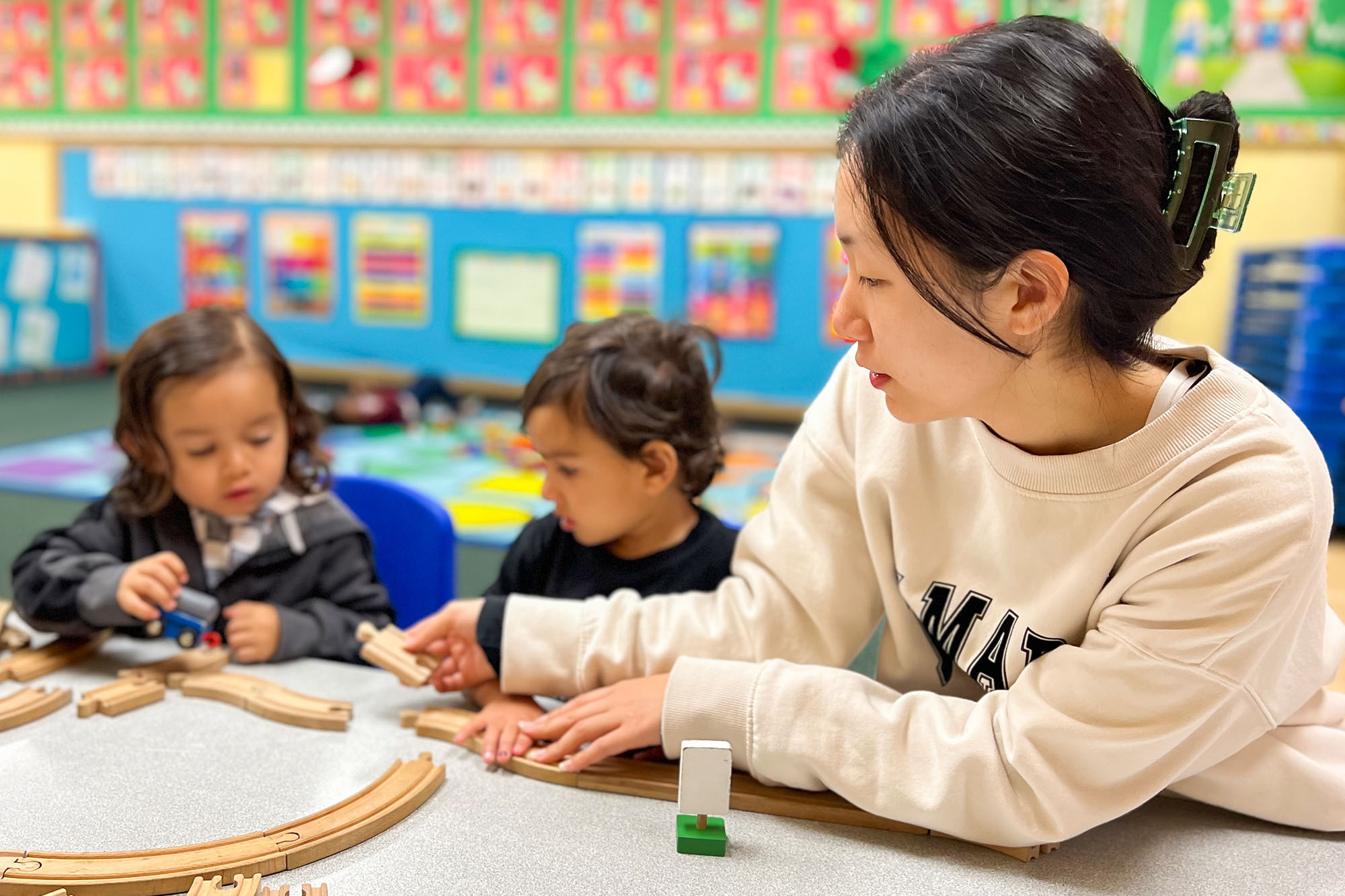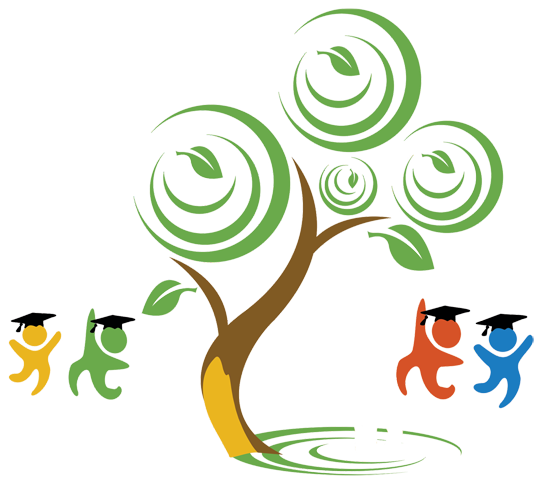
Introduction :
Preschool, often considered the first step in a child’s formal education journey, plays a pivotal role in shaping a child’s future. Beyond being a space for early learning, preschool offers numerous benefits that contribute significantly to a child’s social, emotional, and cognitive development. In this blog, we will explore the importance of preschool education and why it is a crucial foundation for a child’s overall growth.
- Early Cognitive Development : Preschool provides a structured environment where children engage in various activities designed to stimulate their cognitive abilities. Through games, storytelling, and hands-on experiences, young minds are exposed to foundational concepts such as numbers, letters, shapes, and colors. These early cognitive skills form the basis for future academic success.
- Socialization and Emotional Intelligence : One of the key aspects of preschool is the opportunity for children to interact with their peers. Socialization at a young age helps develop important social skills such as communication, cooperation, and empathy. Additionally, preschool fosters emotional intelligence by teaching children how to express their feelings and understand the emotions of others, laying the groundwork for healthy relationships.
- School Readiness : Preschool acts as a bridge between the home environment and formal schooling. It introduces children to routines, structure, and a classroom setting, preparing them for the more structured learning environment they will encounter in kindergarten and beyond. Children who attend preschool are often more confident and better equipped to adapt to the expectations of a formal education system.
- Language and Communication Skills : Language development is a crucial aspect of early childhood, and preschool plays a vital role in enhancing language and communication skills. Through interactive activities, children learn to express themselves verbally, listen actively, and build a vocabulary that will serve as a strong foundation for future literacy.
- Fine and Gross Motor Skills : Preschool activities involve both fine and gross motor skills, aiding in the physical development of young children. Art projects, playtime, and outdoor activities contribute to the refinement of motor skills, coordination, and overall physical health.
- Cultivation of Curiosity and Creativity : Preschool encourages a child’s natural curiosity and creativity. Hands-on experiences, exploration of various subjects, and exposure to diverse learning materials ignite a passion for discovery. Fostering a love for learning early on sets the stage for a lifelong pursuit of knowledge.
Conclusion :
In conclusion, the importance of preschool in a child’s early years cannot be overstated. It serves as a foundation for academic success, social development, and overall well-being. Investing in quality preschool education is an investment in the future of our children and society as a whole. As parents and educators, recognizing the significance of preschool and actively supporting its role in a child’s development can contribute to building a strong, capable, and well-rounded generation.
